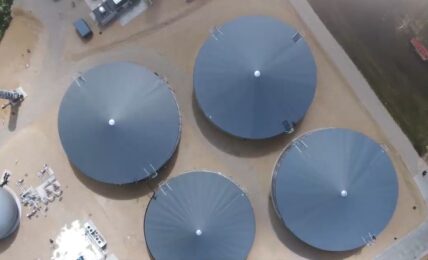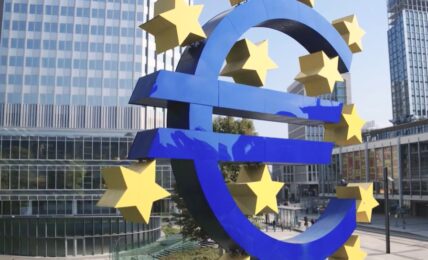Sweden-based truck and bus manufacturer Scania and Sweden-based global steel company SSAB announced today a new agreement for fossil-free steel, including a target to decarbonize all steel deliveries from SSAB to Scania’s heavy-duty vehicles in 2030. SSAB is the main steel supplier for Scania’s vehicles.
Steelmaking is one of the biggest emitters of CO2 globally, with total greenhouse gas emissions (GHG) from the sector accounting for 7% – 9% of direct emissions from the global use of fossil fuels.
SSAB announced plans in 2021 to bring its fossil-free steel manufacturing technology, HYBRIT, developed in partnership with partners Vattenfall and LKAB, to market by 2026. HYBRIT replaces the coking coal traditionally used for iron ore-based steelmaking with fossil-free electricity and hydrogen producing water as a byproduct instead of carbon dioxide.
Deliveries under the new agreement are anticipated to begin in 2026.
Martin Lindqvist, CEO at SSAB said:
“We are truly looking forward to ramping up the deliveries of our fossil-free steel, thereby contributing to more sustainable value chains. Fossil-free steel will be a game-changer in heavy transport. It has the same high quality and technical properties as traditional steel. And, while being produced in a sustainable way, it can also be recycled just like steel has always been.”
The new agreement follows Scania’s commitment last year to decarbonize its supply chain by 2030, with efforts focused its key production materials emissions sources, with batteries, steel, aluminum and cast iron accounting for approximately 80%.
Both companies are members of the First Movers Coalition, which encourages companies in sectors where decarbonization is a challenge to increase low-carbon purchases. where Scania and SSAB are members, to reduce the carbon footprint in hard-to-abate sectors. The companies said that the new agreement will support their goals to use their purchasing power to create early markets for innovative clean technologies.
Christian Levin, CEO at Scania said:
“Scania’s purpose is to drive the shift towards a sustainable transport system. To fulfil that purpose, we take action across the value chain together with partners as SSAB, who is at the forefront in the transition to a sustainable steel industry.”



